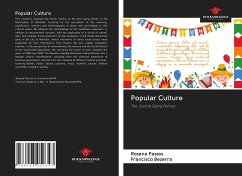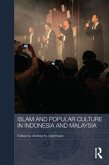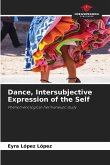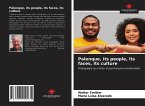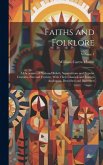This research analyzed the Social History of the June gang parties in the Municipality of Marituba, focusing on the perception of the meaning, significance, memory and historiography of those who participated in this cultural event. We adopted the methodology of the qualitative approach, in addition to documentary sources, with the application of a script of closed, open and multiple choice questions to five ex-players of the Pavão Misterioso gang in the city of Marituba, whose narratives of these social actors were supported by Paul Thompson's Oral History. We also copied secondary sources, in the perspective of remembering the memory and the Social History of the researched population, the cut being the month of June, between the years of 1995 and 2000. The Results revealed that Junine Gang Festivals are a popular cultural manifestation, resulting from the historical experience of previous generations, derived from the creativity of different cultural practices, covering beliefs, myths, values, customs, music, rhythms, dances, folklore and others rooted in society.
Hinweis: Dieser Artikel kann nur an eine deutsche Lieferadresse ausgeliefert werden.
Hinweis: Dieser Artikel kann nur an eine deutsche Lieferadresse ausgeliefert werden.

